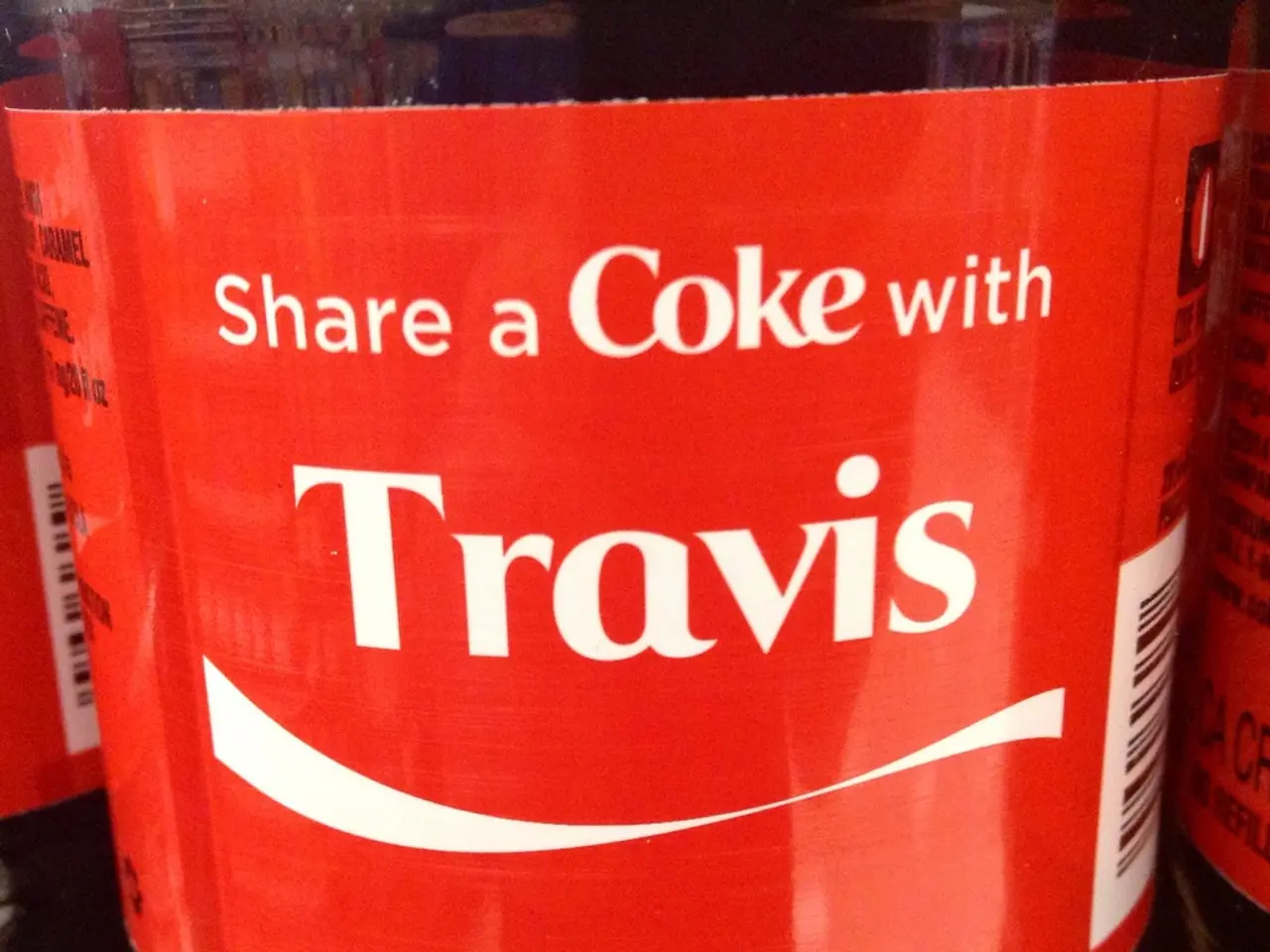Guiding an Alcohol Dependent Individual: Implications and Outcomes
Dealing with a loved one's alcohol addiction can be a complex and challenging journey. Two significant factors that may contribute to the progression of alcohol addiction are co-dependence and enabling.
The Impact of Co-dependence and Enabling
Co-dependence or enabling can create an environment where the alcoholic does not face the consequences of their actions, hindering their desire to seek help and change their behavior.
Enabling
Enabling involves shielding the alcoholic from the consequences of their drinking, such as taking over their responsibilities or covering up their mistakes. This can prevent the alcoholic from hitting "rock bottom," a point where they might realize the need for help.
Co-dependency
Codependent relationships often involve an excessive emotional or psychological reliance on the alcoholic. This can perpetuate the cycle of addiction as the co-dependent individual may feel responsible for the addict's well-being and enable their behavior to avoid feelings of guilt or anxiety.
Shifting from Enabling to Supportive Strategies
Dealing with the negative effects of an alcoholic's actions requires a shift from enabling to supportive strategies that encourage recovery and personal responsibility.
Supportive Strategies
- Encourage Professional Help: Support the alcoholic in seeking professional treatment, such as counseling or rehabilitation programs.
- Promote Healthy Coping Mechanisms: Help the alcoholic find healthier ways to manage stress and emotions, such as exercise, meditation, or therapy.
- Maintain Healthy Boundaries: Establish clear boundaries to protect yourself emotionally and avoid enabling behaviors.
- Suggest Social Activities Without Alcohol: Engage in activities that do not involve drinking to help the alcoholic stay sober in social settings.
- Address Underlying Issues: Help the alcoholic identify and address underlying problems that may contribute to their drinking, such as loneliness or anxiety.
- Support Groups: Encourage participation in support groups like Alcoholics Anonymous (AA) or family-focused groups like Al-Anon to provide a supportive community.
- Self-Care: Focus on your own well-being to avoid burnout and maintain a healthy perspective in the relationship.
Seeking Professional Help
It is often necessary to seek professional help for both the alcoholic and the family. WeDoRecover.com offers individualized and practical help for alcoholics' families, while our resources provide impartial and expert advice on private alcohol detox clinics in the UK, South Africa, and Thailand.
Understanding why your body wants you to quit alcohol can provide motivation for quitting. Remember, the idea that an alcoholic must 'hit rock bottom' to enter rehab and for it to be successful is untrue. Problem drinkers think of changing only when they are forced to face the consequences of their behavior and begin to take responsibility for their alcoholism recovery.
The dysfunctional state of a family dealing with an alcoholic can be as difficult to handle as the alcoholism itself. It's important to look for alternative ways of dealing with an alcoholic's negative actions, rather than rescuing and 'fixing' the trouble. Taking children away from an alcoholic's home and allowing them to come back to an empty house can be an effective tough choice.
In conclusion, while co-dependence and enabling can exacerbate alcohol addiction by preventing the alcoholic from facing consequences, focusing on supportive strategies that promote recovery and responsibility can help mitigate these negative effects. Encouraging treatment, maintaining healthy boundaries, and supporting healthier coping mechanisms are crucial steps in addressing the challenges posed by an alcoholic's actions.
Co-dependence and enabling can create an environment that hinders an alcoholic's desire to seek help and change their behavior, as they are shielded from the consequences of their actions. Enabling involves taking over the alcoholic's responsibilities or covering up their mistakes. Co-dependency involves an excessive emotional or psychological reliance on the alcoholic.
Dealing with the negatives effects of an alcoholic's actions requires a shift from enabling to supportive strategies that encourage recovery and personal responsibility. Encouraging professional help like counseling or rehabilitation programs are supportive strategies. Helping the alcoholic find healthier ways to manage stress, setting clear boundaries, and suggesting social activities without alcohol are also supportive strategies. Addressing underlying problems and encouraging participation in support groups can also help.
It's important to seek professional help for both the alcoholic and the family. WeDoRecover.com offers help for families of alcoholics, while providing impartial and expert advice on private alcohol detox clinics. The idea that an alcoholic must 'hit rock bottom' to enter rehab is untrue. Problem drinkers change only when they are forced to face the consequences of their behavior and begin to take responsibility for their recovery.
The dysfunctional state of a family dealing with an alcoholic can be just as difficult to handle as the alcoholism itself. Taking children away from an alcoholic's home and allowing them to come back to an empty house can be an effective tough choice. It's important to look for alternative ways of dealing with an alcoholic's negative actions, rather than rescuing and 'fixing' the trouble.
In conclusion, while co-dependence and enabling can exacerbate alcohol addiction, shifting to supportive strategies can promote recovery and responsibility. Encouraging treatment, maintaining healthy boundaries, and supporting healthier coping mechanisms are crucial steps in addressing the challenges posed by an alcoholic's actions. Understanding the science behind alcohol addiction and its impact on mental health, lifestyle, and family dynamics is key to finding solutions. The journey towards recovery involves a focus on health-and-wellness, mental health, and lifestyle changes, as well as repairing relationships.




